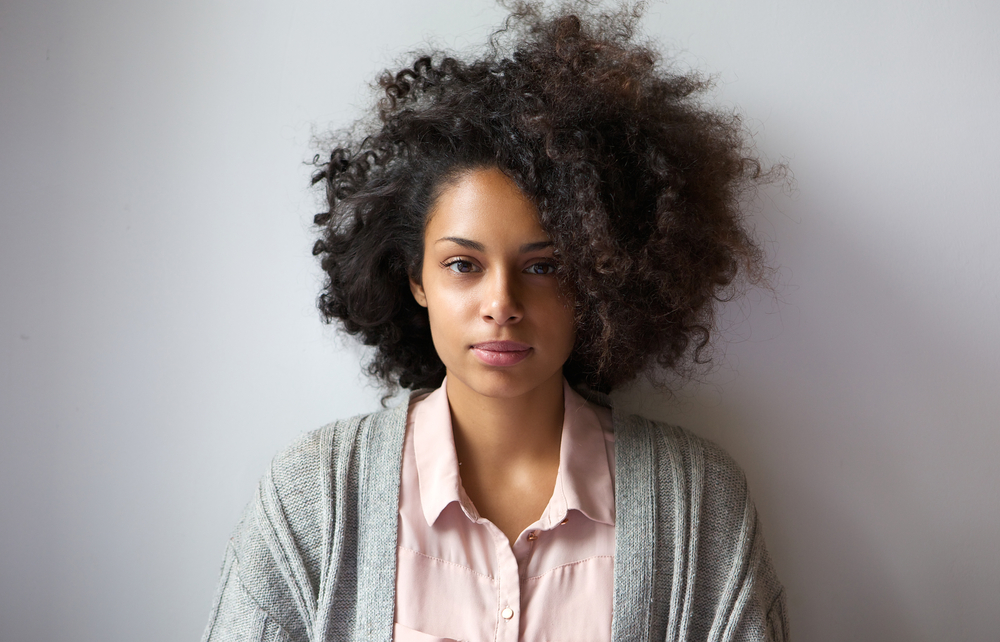What Everyone Needs to Understand About Black Women and Planned Parenthood

by Cynthia R. Greenlee for EBONY
he most recent anti-Planned Parenthood video took aim at Black women, communities and history. Just days after what would have been Emmett Till’s 74th birthday, Students for Life unveiled a video in which clinic staff allegedly scrutinized an aborted fetus. “Call him Emmett,” suggested the video, and make him this century’s civil rights symbol — just like the 14-year-old Emmett Till's murder by White Mississippi racists galvanized the modern civil rights movement.
Let’s call the video what it is — the latest in the anti-abortion movement’s appropriation of civil rights and its crass manipulations of history. And it won't be the last because abortion opponents have long capitalized on the very real history of how exploiting Black bodies has been foundational to the United States, whether we talk about slavery, medical experimentation or mass incarceration. But while "pro-lifers" seek to sway Black people by acknowledging the past, they spin history and foster myths and misconceptions about not just Planned Parenthood, but also Black people's responses to various reproductive and sexual-health issues.
Here's a guide to help you sift through the distortions behind such videos and the fury of anti-abortion Tweets targeting Black women (i.e. the #unbornlivesmatter hashtag.)
1. This isn't the first time that anti-abortion groups have effectively called Black women murderers.
The Emmett Till video compares Black women who choose abortion to a group of White men who killed a Black youth for allegedly whistling at a White woman in 1955. Black women making a legal and personal choice about whether to become parents is not comparable to White men committing kidnapping and homicide to maintain White supremacy. But anti-abortion groups frequently erect billboards that show pictures of Black babies with slogans like "The most dangerous place for a Black child is in the womb," despite reams of statistics and real-life examples of how the world outside the womb means that Black children have higher chances of going to inadequate schools, lacking health care, and being under police surveillance.
2. Abortion foes say: Abortion clinics target Black communities by situating clinics in Black neighborhoods.
Research from the New York-based Guttmacher Foundation, researches sexual and reproductive health, found that 60 percent of abortion-providing clinics are in predominately White neighborhoods. But, even so, abortions are part of the continuum of women's health care, along with Pap smears, contraceptive, maternal health care. And doesn't everyone want to have health care nearby?
3. Myth: Black communities are inherently anti-abortion and anti-birth control.
Not so. Black women make up about a third of those who get abortions in the United States, according to the Centers for Disease Control and Prevention. That's more than their share of the population because Black Americans comprise about 13 percent of the total U.S. population. The disparity can be explained, say public-health scholars, by how often Black women have unintended pregnancies, a measure that's related with access to contraception. But while Black women are much more likely to have abortions than White and Hispanic women, it's worth remembering that one in three U.S. women will have an abortion in her lifetime.
4. If you read “Hotep” propaganda — the outraged thoughts of latter-day male Black cultural nationalists who frequently confuse Black liberation with Black female submission — you would think that early Black nationalists were uniformly against birth control.
It's true that many Black nationalists of the early and mid-20th century felt that birth control (along with police violence, hunger and poor urban schools) was part of a genocidal plan to wipe out Black people. But there was debate about contraception and abortion within the Black Panther Party, specifically, and Black nationalist communities at larger. Not surprisingly, many Black nationalist, feminist and radical women questioned the idea that it was the job of the sisters to birth as many foot soldiers for the revolution as possible. First, they understood that, as Frances Beal wrote in her seminal 1969 "Double Jeopardy: To Be Black and Female" essay, "rich White women somehow manage to obtain these operations with little or no difficulty [before abortion was legal]. It is the poor Black or Puerto Rican woman who is at the mercy of the local butcher. Statistics show us that the non-White death rate at the hands of the unqualified abortionist is substantially higher than for White women." Mary Treadwell of Washington, D.C., said it was possible to believe in Black freedom and to reject the idea of the reproductive numbers game where Black people had to out-procreate Whites to build power: "There's no magic in a home where someone has reproduced five or more Black babies and cannot manage economically, educationally, spiritually nor socially to see that these five Black babies grow up to highly trained Black minds."
Let's look at national numbers for a bigger picture: In 2007, there were 676,000 black live births in the country, according to Census data. Compare that to the CDC abortion numbers from the same year, which show about 213,000 abortions performed on black women of a total 583,000 procedures on women whose race is known (there were about 828,000 abortions in that year, but some women's racial background was not reported).5.The reproductive numbers game hasn't gone away — it shows up in claims that there are more black children aborted than born in the United States.
Continue reading at EBONY.
Cynthia R. Greenlee is a writer and historian. You can follow her on Twitter @CynthiaGreenlee.

No comments: